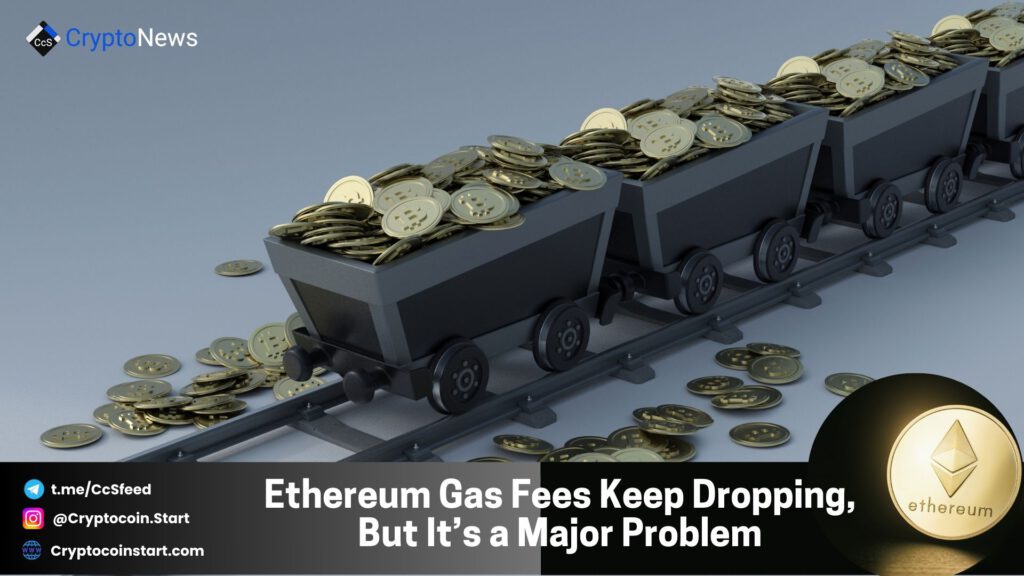
Ethereum Gas Fees Reach Multi-Year Low
Ethereum’s base fees have recently dropped to a multi-year low of just 0.8 gwei, according to the most recent data. Gas fees are the charges users pay to process transactions on the Ethereum network. These fees are essential to ensure the network’s resilience against spam and maintain its functionality.
Understanding Ethereum’s Base Gas Fee
The base gas fee is the minimum amount of gwei required for a transaction to be valid on the Ethereum network. Users have the option to pay higher fees if they want their transactions to be prioritized and included in the next block. Ethereum gas fees fluctuate based on network demand, with fees peaking at $196 in May 2022.
Impact of the Dencun Upgrade on Gas Fees
The Ethereum network experienced a significant drop in gas fees following the Dencun upgrade. This upgrade introduced “blobs,” a feature designed to enhance scalability, enabling faster and cheaper transactions. However, the consistently declining fees have challenged the deflationary narrative that many Ethereum promoters had been pushing.
Ethereum’s Inflation Concerns
According to data from Ultra Sound Money, only 7,729 ETH tokens were burned over the past seven days, while 18,064 tokens were issued during the same period. This has led to an increase in Ethereum’s inflation, with the blockchain experiencing its highest level of inflation to date during the second quarter of the year, according to Fidelity. Analysts at the company believe that the network may continue to see inflationary quarters.
Addressing the Decline in Ethereum Activity
Martin Köppelmann, co-founder of the privacy-focused Ethereum sidechain Gnosis, suggests that a base fee of 23.9 gwei would be necessary to offset staking rewards. He adds:
- “Ethereum needs to get more Layer 1 (L1) activity again.”
- “Raising the gas limit, even at such low rates, could be part of a strategy to address this issue.”


